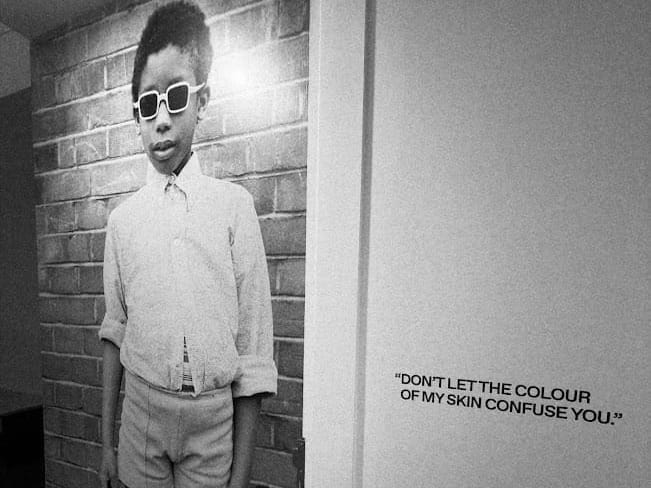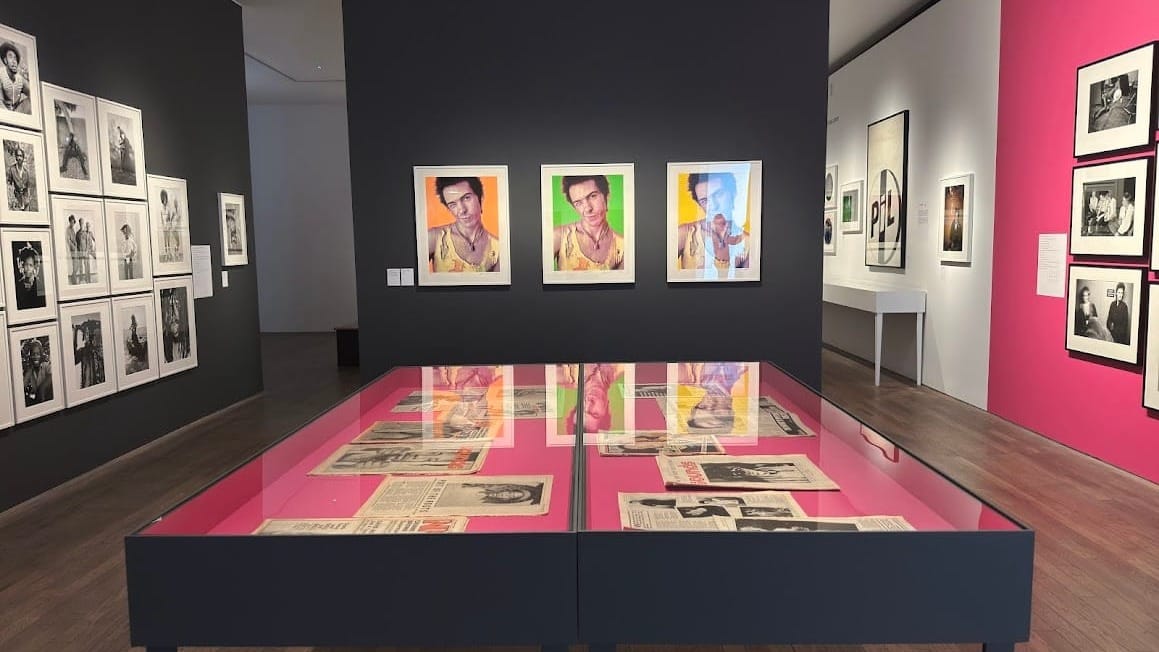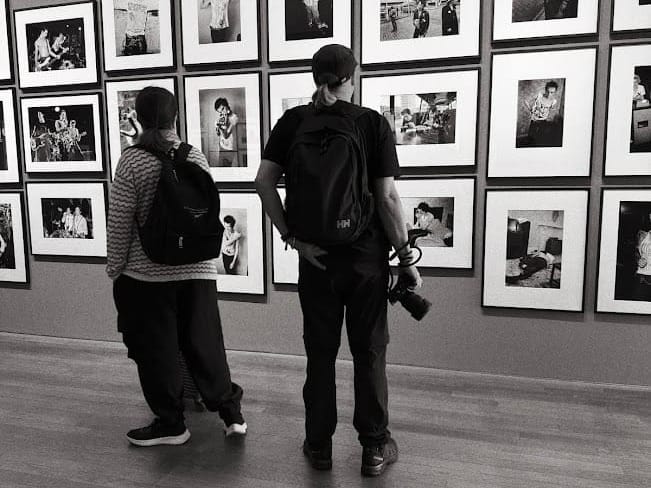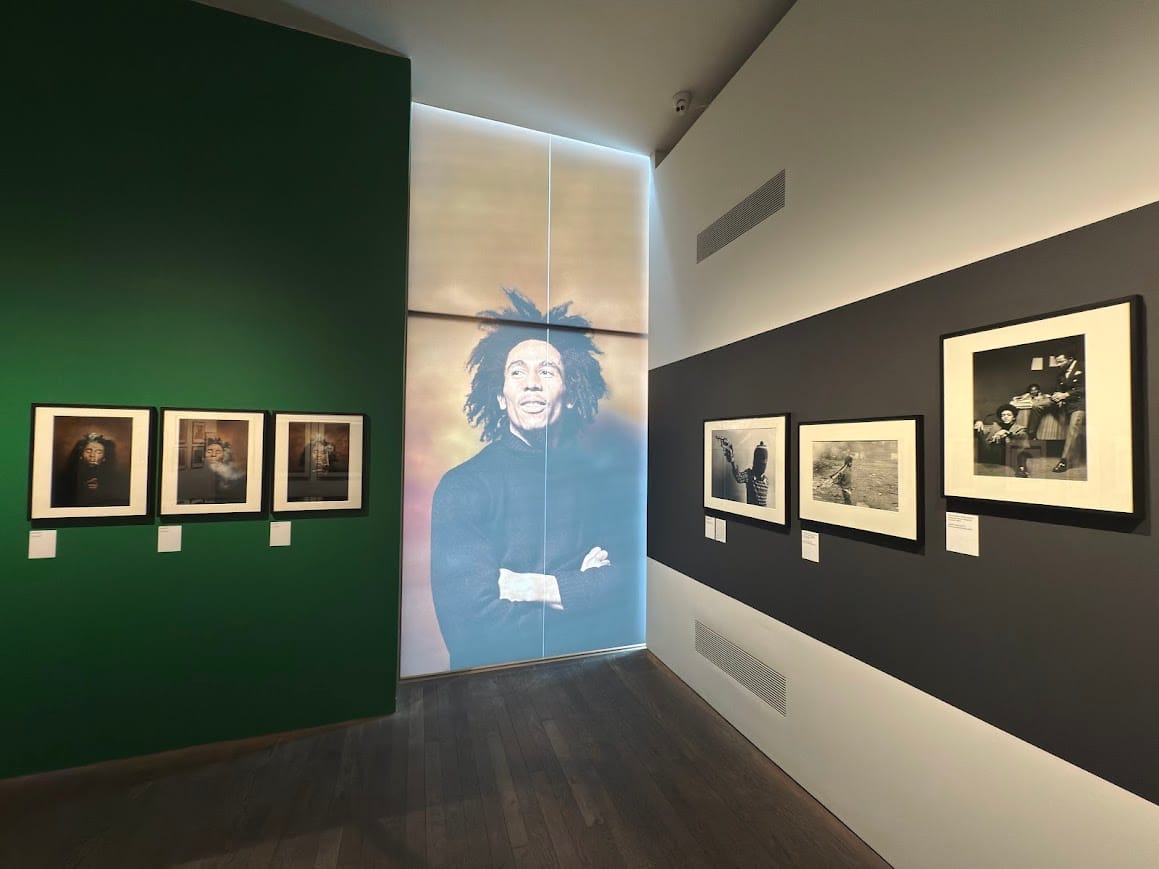Dennis Morris is not just a photographer; he is a storyteller of countercultures. Whether documenting the rise of punk or the spiritual essence of reggae, he always seemed to be in the right place at the right time, camera in hand and instinct sharp. What makes these images even more extraordinary is the story behind them. Dennis Morris was just a teenager when he first met Bob Marley outside the Speak Easy Club in London. Marley asked him what he was doing with a camera, and Dennis boldly replied, "I’m a photographer." That simple moment sparked an invitation to join the band on tour. By the next day, Morris had packed a bag, skipped school—and was on the road with Bob Marley and the Wailers. It was the start of a creative partnership and a lifetime of iconic images.
Bob Marley: Like You Were There

The first thing that struck me was the intimacy of Morris's images of Bob Marley. These aren't the iconic images of a stage-diving global superstar; instead, they portray Marley as a man, relaxed in the back of a van, playing tennis, or simply exhibiting that trademark stare. You don't just look at these photos; you sit with them. You can almost feel the smoke, the warmth, and the quiet philosophy that Marley seemed to embody everywhere he went.
These images go beyond press shots or album covers; they capture personal moments that are almost sacred in their ordinariness. I found myself standing in front of the largest image—Marley in the back seat of a van—lost in contemplation.
From Sound to Struggle
Yet, Morris's lens isn't limited to music. His work charts the complex intersections of race, resistance, youth, and British identity. One wall features a striking black-and-white image of a young boy in shorts and sunglasses, standing confidently before a brick wall. Next to it are the words:
"Don't let the colour of my skin confuse you."
It serves as a quiet reminder—a necessary one.

This aspect of his work felt personal to me, echoing the Britain in which I grew up. It reflected the tensions, yes, but also the creativity, energy, and cultural cross-pollination that emerged from immigrant and working-class communities.
Colour, Punk, and Spirit

Morris also documented the Sex Pistols and the punk explosion in the UK, and those images are just as raw and evocative. The exhibition's framing itself, transitioning from deep greens to stark monochrome walls, mirrors the journey from roots reggae to urban rebellion, from peace to protest.
And let's talk about that entrance wall—a towering image of a young woman with oversized sunglasses and a fierce presence. It feels as if she is daring you to really see her before you even step inside.

A Life in Frames
Dennis Morris's work is more than just documentary; it is biography, activism, and music history all wrapped into a single frame. It's not just about famous faces; it's about what those faces meant—and still mean.

If you find yourself in London this summer and have any interest in photography, music, or social history, make sure to visit this exhibition. It runs until September 22, 2025, and it's one of the most impactful uses of imagery I've encountered in a long time.
Exhibition info: Dennis Morris: Music + Life – The Photographers' Gallery
All photos taken by me on the day are shared here in the spirit of appreciation and respect.






